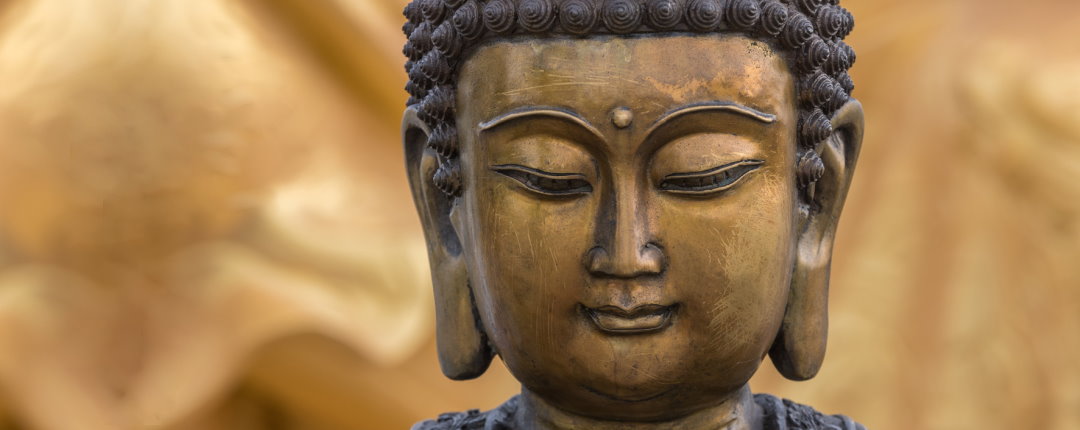Exploring Buddhism
Exploring Buddhism is a multi-year study program that covers the core teachings of the Three Vehicles of Tibetan Buddhism: the Foundational Vehicle, the Great Vehicle, and the Vajra Vehicle. These teachings address the full spectrum of Buddhist thought and practice, starting with teachings on the Four Noble Truths and leading up to the philosophy of Buddhist Tantra.
Exploring Buddhism includes four core seminars:
- The Life and Teachings of the Buddha
- An Introduction to Tibetan Buddhism
- The Path of the Bodhisattva
- The Vajra Vehicle of Tibetan Buddhism
The Life and Teachings of the Buddha
Though the Buddha lived roughly 2,500 years ago, his life and teachings are as relevant today as ever. The Buddha was born into a life of luxury and privilege, but saw that material prosperity alone cannot solve all of life’s problems. Acutely aware of the chronic dissatisfaction that often plagues the human mind, he devoted his life to understanding the causes of suffering and how to uproot these causes through meditation, insight, and leading a life of non-violence. This class explores the Buddha’s life and his core teachings, showing the relevance of his timeless teachings to the fast-paced lifestyle of the modern world.
An Introduction to Tibetan Buddhism
For over a thousand years, the people of Tibet have preserved a unique form of Buddhism that was originally taught and practiced in ancient India. The hallmark of the Tibetan tradition is a systematic approach to meditation, spiritual study, and ethical living embodied in the “three vehicles” of Buddhism: the Foundational Vehicle, Great Vehicle, and Vajra Vehicle. These three vehicles teach basic Buddhist principles like non-violence, impermanence, and interdependence, as well as profound meditations that lead to an experience of the dream-like nature of reality and the open-hearted intention to help all beings achieve enlightenment. This seminar explores these traditions, providing an overview of the rich history, philosophy, and meditative traditions of Tibetan Buddhism.
The Path of the Bodhisattva
A bodhisattva is an individual who is committed to helping all beings become buddhas. This ideal lies at the core of Mahayana Buddhism and has inspired many of the greatest masters of the Buddhist tradition. In addition to teachings on loving-kindness and compassion, the Mahayana also teaches the view of emptiness, a profound teaching on the dream-like nature of experience that undercuts the rigid beliefs and ideas that keep us locked in a cycle of suffering. This seminar explores the core teachings of Mahayana Buddhism, showing how we can emulate the great bodhisattvas of times past by developing the mind of awakening, or bodhichitta, and practicing the six perfections of generosity, discipline, patience, effort, meditation, and wisdom.
An Introduction to Vajrayana Buddhism
The Vajra Vehicle of Tibetan Buddhism is considered a “short-cut” to enlightenment. This profound approach to awakening is rooted in the understanding that buddhahood is not a goal to be achieved, but an immanent reality that we can recognize in the present moment. Various tools are used to bring about this recognition: meditations that employ the imagination and symbolic imagery, exercises designed to harness the power of the body’s subtle energies, and pith instructions that guide the meditator to a direct experience of the luminous purity of the mind’s true nature. This seminar explores the most important principles and practices of the Vajra Vehicle, including its profound teachings on the immanence of the enlightened state and the powerful practices that enable us to access our own awakened nature.
Advanced Courses
Tergar’s Buddhist Studies Program also includes advanced courses on a range of topics, including seminars on:
- The Philosophy of the Foundational Vehicle
- The Mind Only School of Mahayana Buddhism
- The Middle Way School of Mahayana Buddhism
- Advanced Topics in Vajrayana Buddhism

